“How did I get attracted to the Baha’i Faith, given my experiences with race?” That’s the question Masud Olufani, an artist and Baha’i living in Atlanta, answers in a candid interview for the Race Unity Project.
The project tells “the century-long story of the American Baha’i community and its efforts — as well as its tests and challenges — in promoting race unity.” And as Masud shares in this clip, while studying at Morehouse College he began a process of in depth spiritual search — he even considered becoming an Episcopal priest — but a friend suggested he might want to learn about the Baha’i Faith. The more he read about the Baha’i Faith, the more he “was intrigued by this teaching of the oneness of mankind.”
When he spent time with Baha’is in the Atlanta area, Masud saw people of diverse racial and ethnic backgrounds who weren’t just talking about the oneness of humanity — they were translating it into action in their lives.
RELATED: Jamila Canady: A Woman of Remarkable Insight
“I think there was just a deep desire to be in a community that was trying to practice this idea, this notion of oneness, and in addition, something very profound happened,” Masud says.
Masud says he also felt attracted to the Baha’i principle of independently investigating truth — there is no clergy in the Baha’i Faith and Baha’is believe every individual should seek spiritual truth with an impartial and open mind. While reading and studying the Baha’i writings, he discovered that the Baha’i Faith directly addresses the spiritual significance of people of African descent.
Masud read a book called “The Pupil of the Eye,” which is a compilation of Baha’i writings about the role and spiritual significance of people of African descent. The phrase “pupil of the eye” refers to the words Baha’u’llah, the prophet and founder of the Baha’i Faith, used when speaking about people of African descent. He compared them “to the black pupil of the eye surrounded by the white,” and said that “In this black pupil you see the reflection of that which is before it, and through it the light of the Spirit shines forth.”
Masud says it was the first time that he “had ever seen writings from the central figures of a religion that spoke directly to people of African descent.” He found this reframing of who Black people are — “the spiritual distinction of people of African descent” — to be profound and empowering.
And the more he read the Baha’i writings, the more he understood that oneness of humanity truly is “the pivot round which all the teachings of Bahá’u’lláh revolve.”
That “pivot” is why Journalism for Change, Inc, a nonprofit media organization founded by filmmaker and human rights activist Maziar Bahari, decided to produce The Race Unity Project — to share what Baha’is are doing to dismantle injustice and end racism in the United States. To that end, videos from “The Race Unity Project” include a variety of candid conversations about race, such as how the Baha’i writings show that Black is beautiful and why a group of Black Baha’is went to Africa — their ancestral homeland.
Watch as Masud shares about his experience of learning about the Baha’i Faith, and how it healed, affirmed, and empowered him at a time when racism in the United States too often dims the light and lives of Black people.
Radiance Talley serves as the director of operations at BahaiTeachings.org, where she integrates her expertise in SEO, journalism, design, and publishing into every aspect of her work. She has edited and written hundreds of articles for BahaiTeachings.org and has also written and optimized articles for...
READ MORE

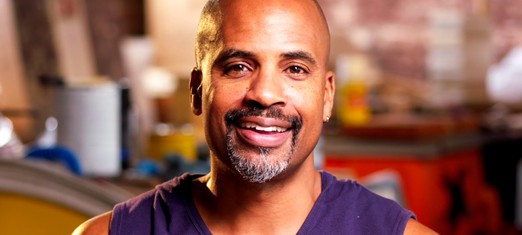

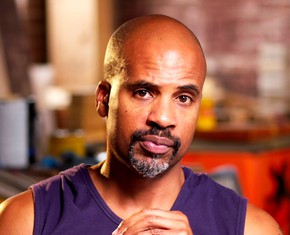
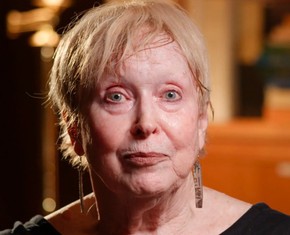
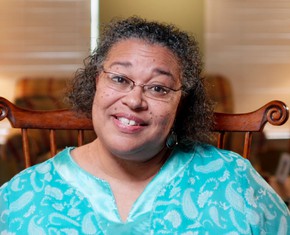
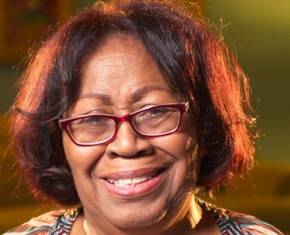









Comments
Sign in or create an account
Continue with Googleor